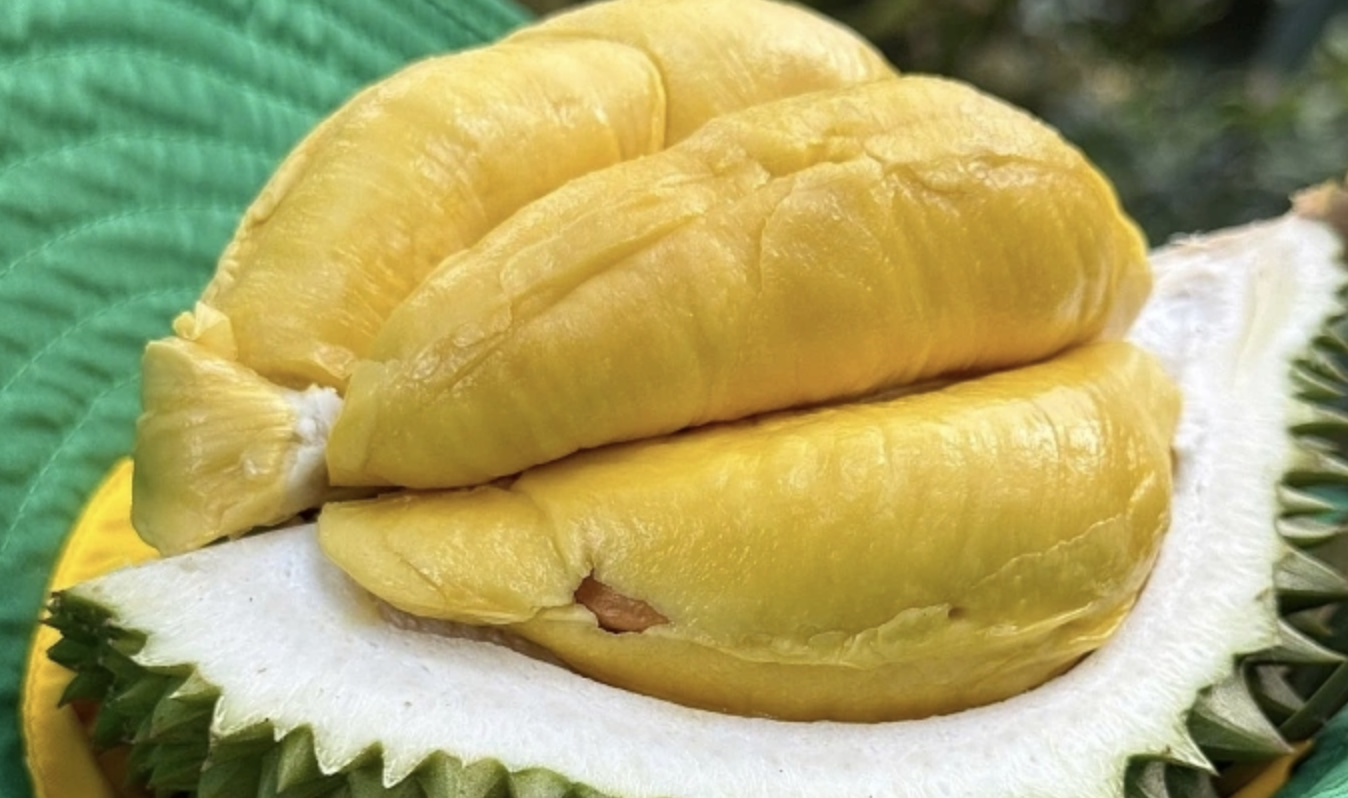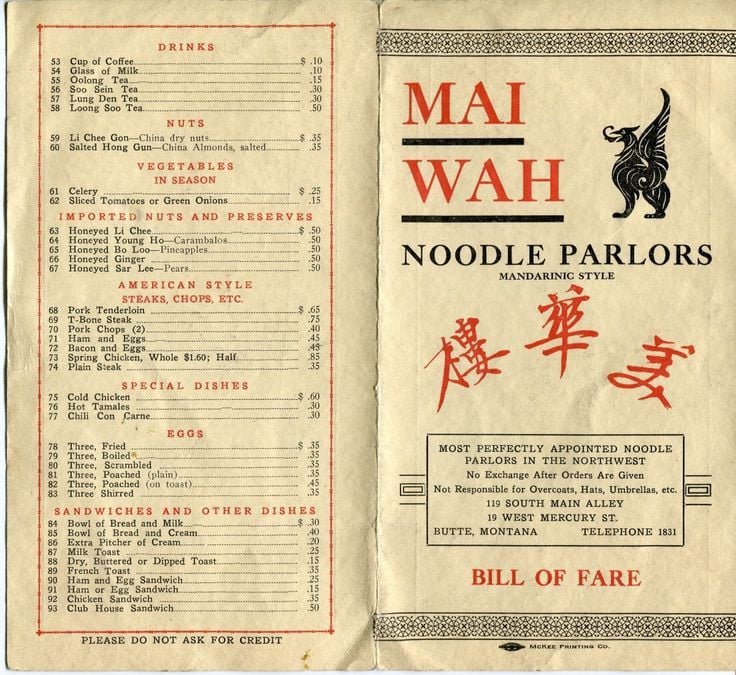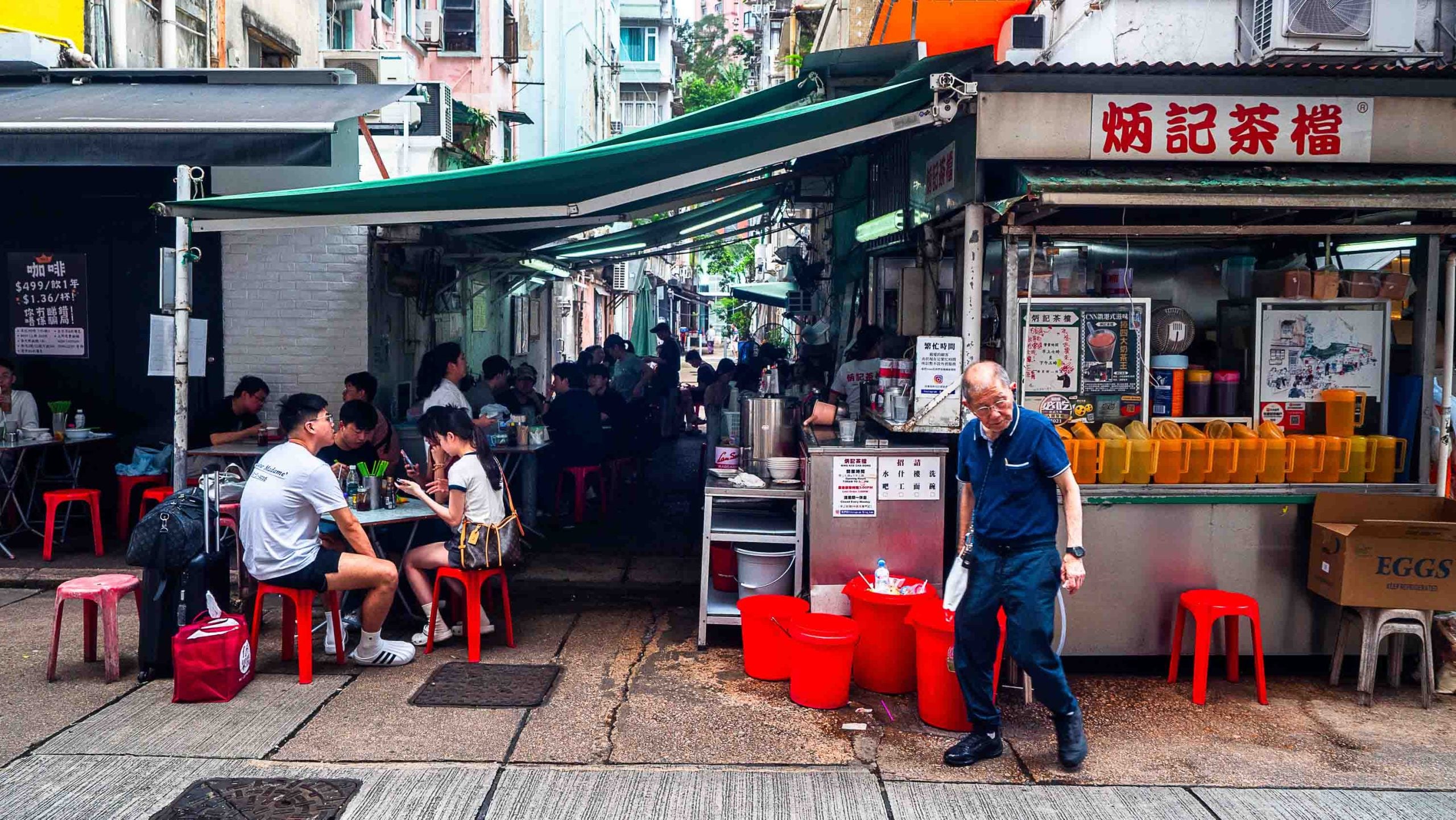Hutong Jiemei is a new Radii column in which sisters Krista and Sophia Pederson — Tulsa natives who’ve been living in China for a decade each — navigate healthy living trends in today’s Beijing. “Hutong” is the name of the city’s traditional alleys, where they share an apartment; “jiemei” is Chinese for sisters.
China’s growth over the past couple of decades has led to a flourishing middle class. As the wallets of the average Chinese consumer have fattened up over the past couple of decades, so have their waistlines — with the increase in cash has come an increase in meat and oily fast food. This trend is changing, however, as Chinese urban dwellers become more health conscious.
As sisters who have lived on and off again in China over the past decade, we have lived this trend. We’ve lived off 2 kuai (~ 30 cents) a day eating a greasy jianbing as students, enjoyed a personal noodle lap dance at the not-so-hygenic Haidilao hotpot restaurant, and have even treated colleagues to a “fancy” (overpriced) Roasted Green Tea Soy Latte Frappuccinos at Starbucks. Ten years and just as many pounds later, we decided to see what this “health trend” is all about and check out a Beijing farmer’s market where our Chinese colleague mentioned she’d sourced organic kale for her homemade pesto sauce.


The trend of Chinese citizens buying organic and eating healthy isn’t exactly new. According to Forbes, China is quickly becoming the largest market for healthy eating. Organic orchards, free-range farms, and chemical-free health and beauty products are all on the rise. Big brands are jumping on this trend by creating products that try to appear healthy. But the good stuff — truly healthy, organic, locally-grown produce and goods — can be found at locally organized farmers markets in China’s first tier cities.
Being from Oklahoma, we are pretty much experts on farm-fresh produce. (Actually we are from Tulsa and lived a very urban lifestyle growing up. But we did go to the farmer’s market on the weekends.) We dropped by on a recent weekend after our Saturday brunch with Krista’s 4 year old son to see how this one stacks up.

Every Saturday and Sunday, the Farm to Neighbors farmer’s market is held at the Grand Summit shopping center in downtown Beijing. All of the farmers markets we’ve previously been to in America have been held outdoors, in either a blocked-off city street or parking lot. Farm to Neighbors started as a casual gathering of a handful of vendors rotating around a few bars and cafes, and now fills up the entire basement floor of this high-end mall smack dab in the middle of Beijing’s Liangma Qiao business district.
Much of the spread is similar to what you might see at a farmer’s market in the US, such as a large section selling organic fruits and vegetables including figs, apples, peppers, corn, and leafy greens of all shapes and sizes, and a section for free-range, high-quality beef and pork. Organic hand-made sprouted tofu, however, was something that we had never seen before in a US farmers market. The tofu had a greenish tint and a squeaky spring to it with each bite. It was delicious. We felt healthier already!
There were also a wide variety vendors selling locally-made products, from hand-carved jewelry to special absorbent Tibetan washcloths. There was both dairy-free coconut yogurt and Tibetan plateau yak yoghurt. You could even purchase locally produced black truffle cheese from a Chinese man who studied cheese making in France and brought the art — nay — the miracle of delicious cheesemaking to Beijing.


On the beverage side, vendors sold organic green and black teas, sugar free sodas, organic chocolate milk, and even “cacao tea,” a drink made from filtering water through ground cacao beans. The flavor was mild, and it was oddly satisfying. There was also organic rice wine for sale. Unlike home-fermented wines we’ve had at similar markets at home, which tended toward sour-sweet fermented grape juice territory, the flavor of the rice wine we tried was complex and rich.
A highlight for Krista’s son (Sophia’s nephew) was the samples. America is the land of free samples, and most stores in China do not offer samples other than maybe a dry piece of meat floss or a crumbly shard of mooncake. Farm to Neighbors, by contrast, is a four-year-old’s sample heaven. Bits of organic chocolate, small squares of homemade fruit leather, slivers of plump figs, and even tiny sample containers of thickly condensed loquat syrup to coat your throat when you have a cough were all up for grabs.


We were impressed by the fact that the organizers of Farm to Neighbors actively encourage consumers to go green. The market offers upcycled grocery bags free of charge, and provides a drop-off for plastic and other reusable bags — concepts that are still far from mainstream adoption in the world of Chinese grocery stores, where plastic still rules. There are vendors who sell organic laundry and dish soap, and encourage you to bring your own bottles to fill. The tea and rice wine vendors use tiny ceramic cups instead of disposable cups for samples. Even the vegetable vendors use upcycled paper bags. These green lifestyle habits are absolutely a welcome change from the consumerism elsewhere in the city, such as any neighborhood 7-11, where we often find ourselves buying saran-wrapped bananas, pre-packaged in a small plastic bag and tied off with a plastic twist tie.
All in all, Farm to Neighbors inspired us to become healthier and live a greener lifestyle, which can be hard to accomplish in Beijing. We can definitely get behind this new consumer trend, and will continue to look for more opportunities to discover how China is becoming leaner and greener.
***
All photos courtesy Erica Huang / Farm to Neighbors


















